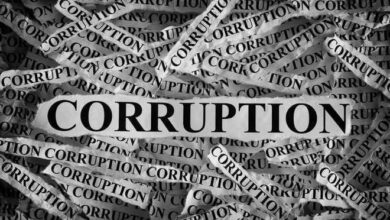-
NATIONAL

Inform IAS officer D Suresh of the following inquiries made…
Vijai Vardhan, the Chief Information Commissioner (CIC) of Haryana, has directed the Under Secretary of…
Read More » -

-

-

-
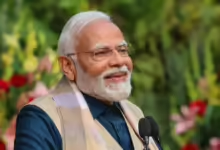
-
UP STATE

Partnership Between BPCL And Noida International Airport For An Eco-Friendly…
On February 20, 2024, Bharat Petroleum Corporation Limited (BPCL) and Noida International Airport (NIA) signed…
Read More » -

-

-

-
BIHAR

This Bihar girl, who topped IIT, placed 66th in BPSC,…
On Tuesday, the much expected Union Public Service Commission (UPSC) 2023 test results were made…
Read More » -

-

-

-
ENTERTAINMENT

Why Shashi Kapoor Paid Just Rs 100 to Sign the…
One of the mainstays of Indian film, Shashi Kapoor is often regarded as having had…
Read More » -
ENTERTAINMENT

Watch Twinkle Khanna Give Trolls The “Middle Finger” When They…
Twinkle Khanna turned fifty in December of 2023. The married Akshay Kumar actor-turned-author recently shared…
Read More » -
ENTERTAINMENT

Vidya Balan Discloses Her Personal Scenes from Do Aur Do…
This weekend, Vidya Balan is scheduled to feature in Do Aur Do Pyaar. The actor,…
Read More »
-
INTERNATIONAL
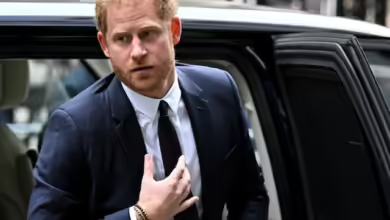
Amid royal unrest, Prince Harry officially became an American and…
Since leaving his royal responsibilities in 2020 to live in California with bride Meghan Markle,…
Read More » -

-

-

-

-
HEALTH

Patients with Karnal TB suffer with a lack of medications
In the area, there is a severe lack of medications for tuberculosis (TB) patients, leaving…
Read More » -

-

-

-
LIFESTYLE

A lot of talk regarding vada-pav
You could hardly have missed the video of a distraught Delhi lady who claimed to…
Read More » -

-

-

-
SPORTS
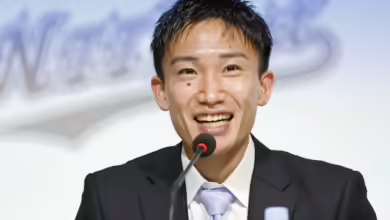
Former World No. 1 Kento Momota retires from badminton at…
Kento Momota, a two-time world champion, said on Thursday that he is retiring from competitive…
Read More » -
SPORTS
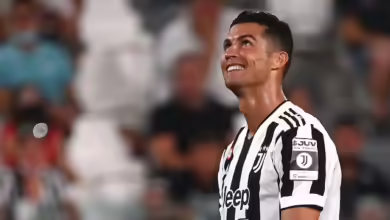
Cristiano Ronaldo’s back salary of 9.7 million euros is required…
Cristiano Ronaldo, a Portuguese sensation, will get 9.7 million euros ($10.4 million) from Juventus as…
Read More » -
SPORTS

IPL 2024: Up to Rs 52,938 Could Be Spent on…
The cost of getting the finest seat for Royal Challengers Bengaluru’s Indian Premier League (IPL)…
Read More » -
SPORTS

Before the T20 World Cup, Rohit Sharma made a major…
Even though MS Dhoni has officially retired from international cricket, if you’re watching IPL 2024…
Read More » -
SPORTS

Update on India’s T20 World Cup Squad: Ten Players Verified,…
Ten players are very certain to make the cut, so when Indian selectors convene later…
Read More »

